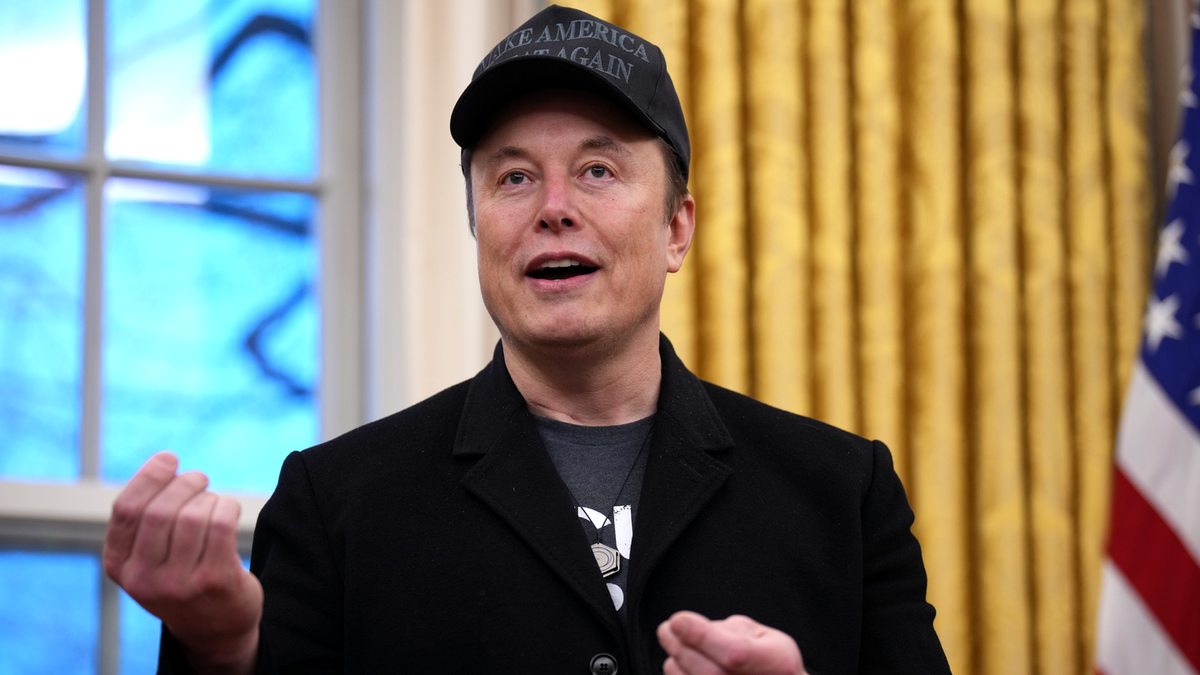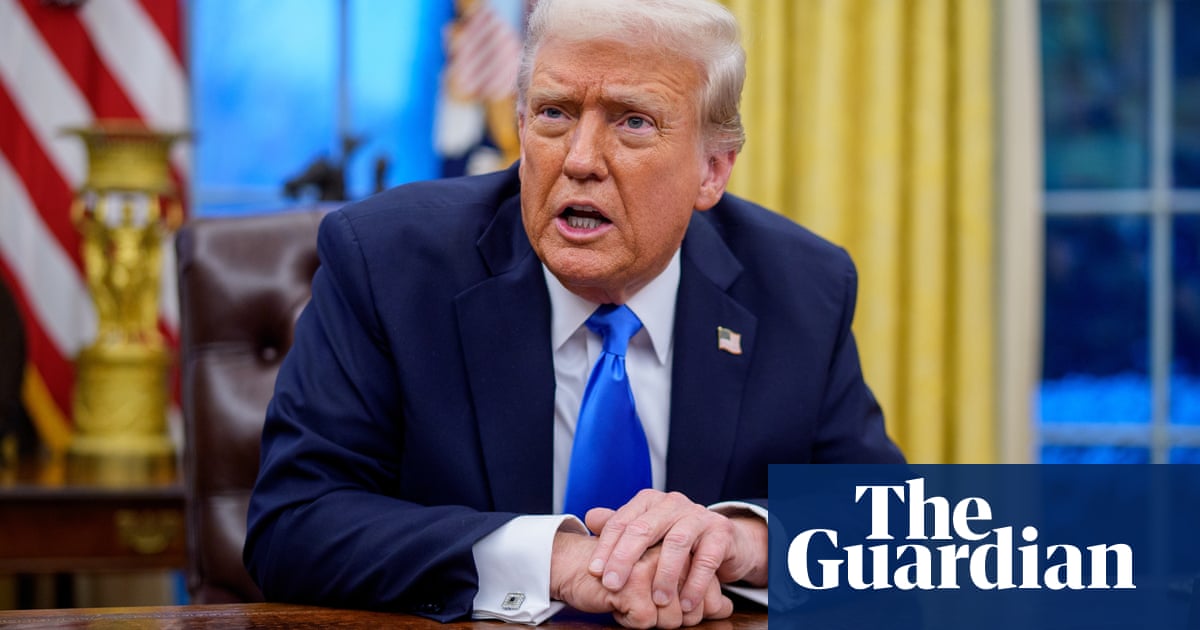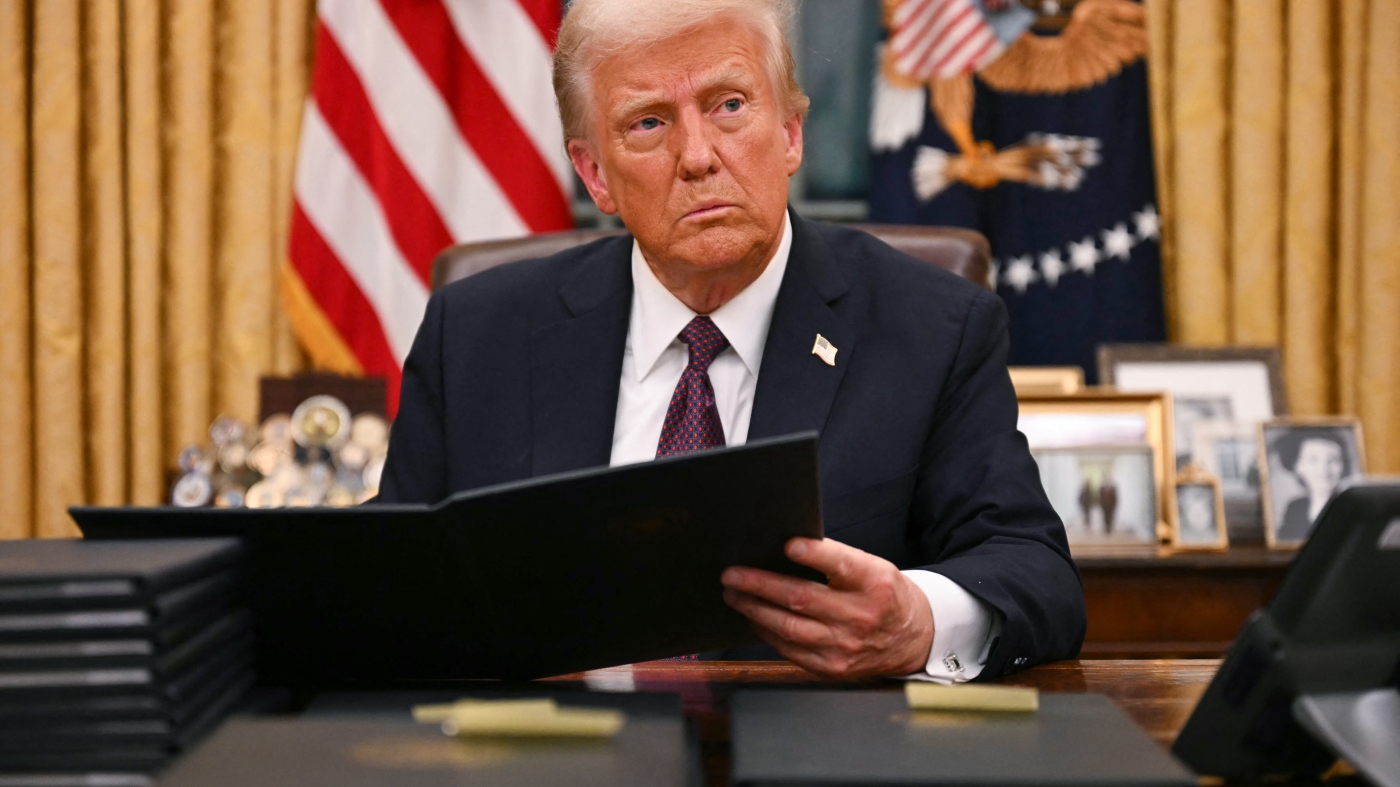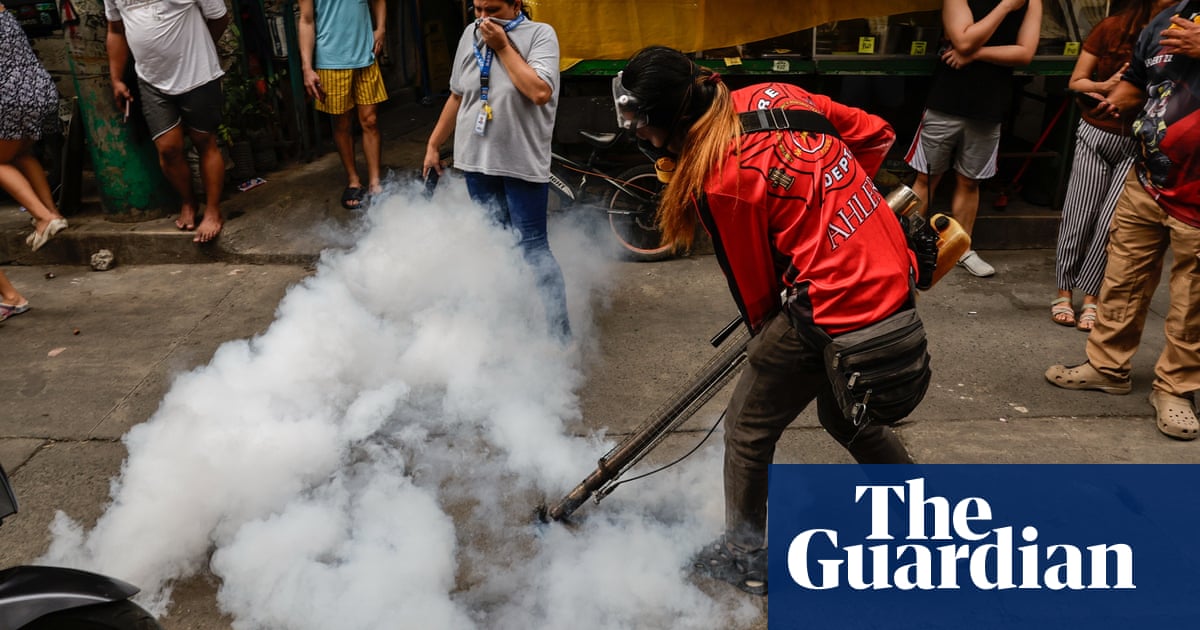CNN
—
The CIA under President Donald Trump has been covertly flying MQ-9 Reaper drones over Mexico to spy on drug cartels, current and former officials familiar with the matter told CNN, part of Trump’s dramatic reorientation of national security assets to the US southern border.
The missions, which have not been previously reported, come as the Trump administration moves to treat transnational drug cartels as terrorist organizations — a designation it has yet to officially make.
The MQ-9 drones used for the missions are not currently armed. But they can be equipped with payloads to carry out precision strikes. The US regularly uses them to target suspected terrorists in Syria, Iraq and Somalia.
Some current and former officials say designating cartels as terrorist groups could potentially lay the groundwork for direct US strikes against the cartels and their drug labs in Mexico.
The CIA has flown surveillance drones to hunt cartels inside Mexico before, according to a former and a current US official, under at least one small program that partnered with Mexican authorities.
But the more recent flights were communicated to Congress by the Trump administration using a particular notification reserved for new or updated covert programs that the CIA intends either to conceal or deny, a source familiar with the matter said — suggesting that the flights represent a distinct escalation. The notifications made no mention of Mexican partners, the source said.
The CIA declined to comment specifically about the drone missions. But a spokesperson said that broadly “countering drug cartels in Mexico and regionally is a priority for CIA as a part of the Trump Administration’s broader efforts to end the grave threat from narco-trafficking. Director [John] Ratcliffe is determined to put CIA’s unique expertise to work against this multifaceted challenge.”
The revelation that the CIA is flying drone missions over Mexico comes amid heightened tensions between the US and Mexican governments.
The Mexican government is already fielding questions about why American military spy planes have flown missions near the border in recent weeks.
In response to CNN’s reporting about the dramatic uptick in military spy planes flying near Mexico, Mexican President Claudia Sheinbaum and other senior Mexican officials have emphasized in recent days the importance of sovereignty and that those spy plane flights are occurring in international airspace and over US territory.
Defense Minister Ricardo Trevilla said that he was not previously aware of those spy plane flights.
“We cannot rule out espionage because we do not know exactly what was done,” Trevilla said last week. “However, they did not violate national airspace.”
The CIA’s MQ-9 missions, however, are being flown inside Mexican airspace. The Mexican government did not respond to requests for comment.
On Friday, in response to a question about increased US overflights in international airspace, Sheinbaum said, “The important thing here, I think, in the declaration, which is what we have always proposed, is that they share information with the Government of Mexico.”
Under longstanding bilateral agreements, the Drug Enforcement Administration and some other law enforcement agencies also routinely fly aircraft in Mexican airspace in cooperation with the Mexican government.
The CIA does not publicly acknowledge the existence of its drone program, though Reaper drones can sometimes be heard from the ground, some sources noted.
The CIA drone flights, combined with the expected cartel designations, underscore how the Trump administration is working to shift a broad range of counterterrorism authorities and resources to counter-cartel work along the US-Mexico border and inside Mexico itself.
Planning for that shift started even before Trump took office. A 30-page Trump transition planning document titled “2025 Agency Action Plan,” reviewed by CNN, outlined the Trump administration’s early priorities for the intelligence community to “reprogram [counterterrorism] resources.”
“Treat counter-drug cartel work as a form of counter-terrorism and use those authorities and unique resources appropriately, including by moving resources from other regions if necessary,” the document directed.

Trump has mused publicly before about using military force against the cartels, including during his first term as President.
In 2019, Trump said that the US was ready to “wage war” on the groups, tweeting that “the cartels have become so large and powerful that you sometimes need an army to defeat an army.” And while signing an executive order on January 20 that called for some to be designated foreign terrorist organizations, Trump was asked by reporters whether he would send special operations forces to Mexico.
“Could happen,” Trump said. “Stranger things have happened.”
Trump’s national security adviser Mike Waltz has also previously advocated for offensive action against Mexican drug cartels. As a member of Congress, in 2023, he co-introduced legislation creating an authorization for the use of military force against them.
In response to the January 20 executive order, the State Department drafted a list of cartels that it believes should be designated foreign terrorist organizations, according to an official familiar with the matter. The formal designations have not been made yet, but the State Department sent a list of drug cartels to Congress last week that it is planning to designate, two sources familiar with the matter told CNN.
The list includes transnational gangs MS-13 and Tren de Aragua, as well as several cartels active in Mexico including the Sinaloa, Jalisco, Zetas and Gulf cartels, Cartel Unidos and La Nueva Familia Michoacana (LNFM).
Extremist Islamist groups make up the vast majority of currently listed foreign terrorist organizations. Those groups differ from the cartels in key ways.
Former officials and analysts say that, though they share some operational similarities, the cartels are essentially commercial organizations, not ideological ones; they are not interested in governing populations or seizing territory; and they in some cases are deeply entwined with parts of the Mexican government, which the US military actively partners with and supports on counter-narcotics initiatives.
This story has been updated with new reporting.
CNN’s Priscilla Alvarez contributed to this report.

















